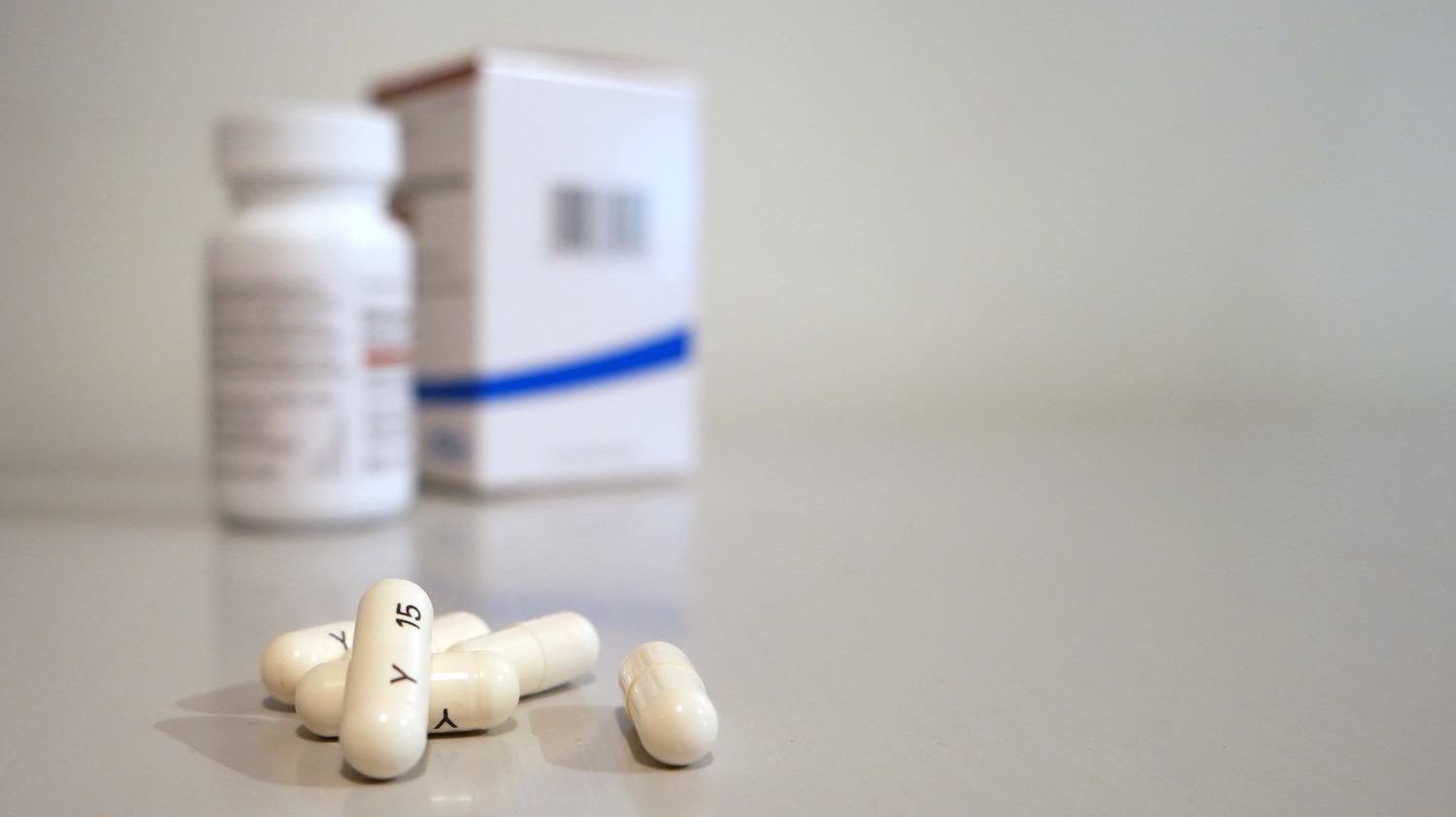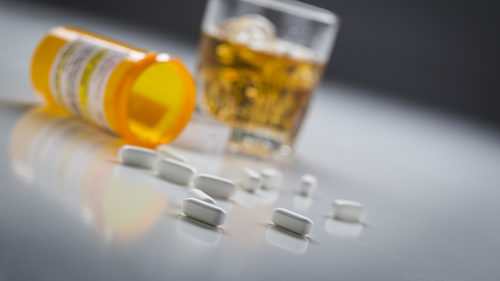Adderall is a brand name medication that is a combination of amphetamine and dextroamphetamine. It is primarily used to treat ADHD (attention deficit hyperactivity disorder) or narcolepsy. The way Adderall works is by affecting neurotransmitters (i.e. dopamine and norepinephrine) and altering the chemicals in one’s brain. There is a common misconception that because a doctor prescribes Adderall it is void of all risk. However, Adderall is a strong stimulant and when abused can lead to severe consequences. The United States Drug Enforcement Administration (DEA) has classified Adderall as a Schedule II controlled substance under the Controlled Substance Act (CSA). The CSA provides a mechanism for substances to be controlled, categorized and regulated as each substance is sorted into one of five schedules, whose placement is based on the substance’s medical use, potential for abuse, and dependence liability. While there are clear medical benefits for those that use Adderall as prescribed, due to its addictive qualities, Adderall has a high potential for abuse.
Signs and Symptoms
There are a variety of signs and symptoms that an individual abusing Adderall may exhibit. Individuals that struggle with Adderall abuse may find it increasingly challenging to follow through on family obligations, as the medication will take precedence and will be prioritized above all else in the individual’s life. Addiction Center provides examples of common signs and symptoms that may present as a result of Adderall abuse, which include any combination of the following:
- Decreased appetite
- Social withdrawal
- Aggression
- Excessively talkative
- Exhaustion
- Incomplete thoughts
- Unusual excitability
- Weight loss
- Disorientation
- Impulsive behaviors
- Diminished personal hygiene practices
- Disorientation
- Mania
Any individual that habitually abuses Adderall is likely develop a tolerance to the medication and eventually may be unable to function without it. It is, however, important to note that not every individual that abuses Adderall unequivocally develops an addiction.
Detox From Adderall
The first step to treatment from Adderall abuse is to undergo detox. Detox is the process that rids one’s body of any foreign substance or substances. There are several different detox methods available. Some individuals will opt for the quit “cold turkey” with minimal or no outside support, while others may choose a medically supervised detox program. The range of support during one’s detox process is vast, and certain components (i.e. type of substance abused, length of time he or she abused the substance, the potency of the substance abused, personal health history, presence of comorbidities, family health history…etc.) will all factor into the amount of support needed. Depending on the circumstance, Adderall abuse is usually considered to be one of the substances that warrant substantial support throughout the entire detox process. The adverse withdrawal symptoms that can accompany the detox process can be grueling. Having adequate, professionally qualified supervision during detox can help assure the safety of the individual throughout its duration, and intervene should anything go medically awry.
Treatment
There are a variety of treatment options available to any individual that struggles with Adderall abuse and/ or addiction. Traditionally, substance abuse and/ or addiction treatment programs are divided between inpatient programs and outpatient programs. Outpatient programs allow an individual to reside at home and attend a certain number of treatment hours, daily, over a specified duration of time (ranging from fourteen days to three months long, and in some cases longer). Inpatient treatment programs require the individual in treatment to reside at the substance abuse and addiction treatment facility for the duration of his or her treatment program (ranging from three weeks long to four months long, and in some cases longer). Depending on the specific needs of the individual, either treatment option can yield successful results.
There are additional specialties and foci within outpatient and inpatient treatment program options. For example, an individual that has a dual diagnosis should be sure to select a treatment program that specializes in, or is fully equipped to provide treatment for additional mental health disorders. It is important to select a treatment program that best suits one’s needs.
For Information and Support
If you are concerned for yourself or a loved one in regards to substance abuse and/ or addiction we recommend reaching out for help as soon as possible. If left untreated, substance abuse can result in long lasting and potentially life-threatening consequences. Keep in mind: you are not alone! There is an entire network of professionals that are available to help and support you and your loved one throughout the recovery process. The earlier you seek support, the sooner your loved one can return to a happy, healthy, and fulfilling life.
Please do not hesitate to reach out with any questions regarding our specific program at Haven House Addiction Treatment and/ or general substance abuse and/ or addiction treatment related information. Our highly trained staff is readily available to discuss how we might best be able to help you and your loved one. We can be reached by phone at 424-258-6792.



